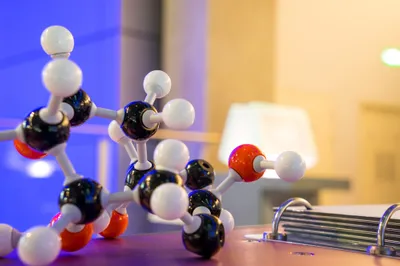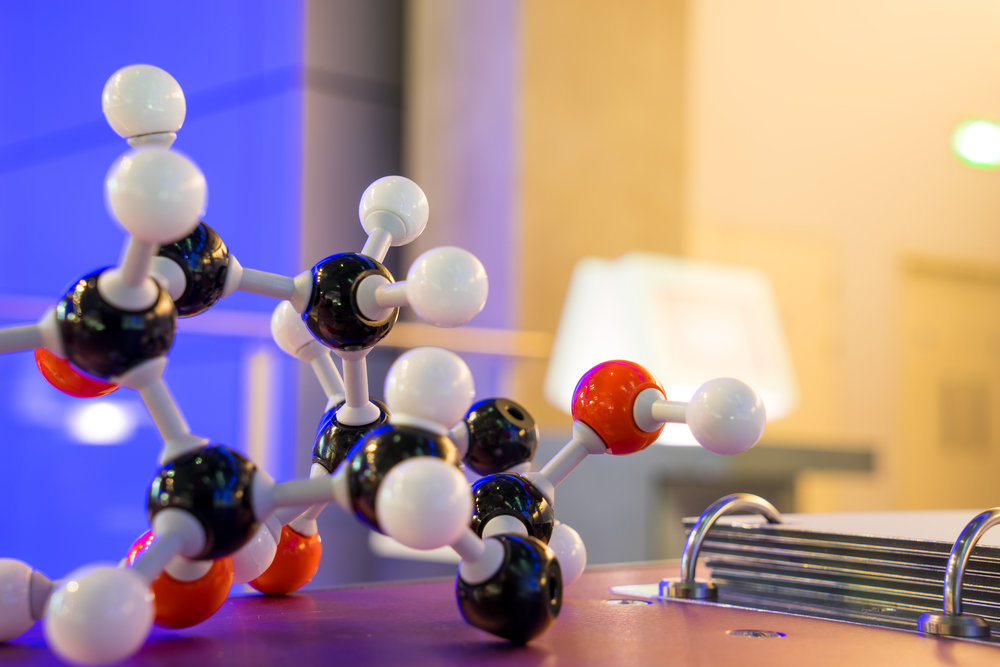
The research — which was led by Dr. Matthew State, chairman of the Department of Psychiatry at the University of California, San Francisco — involved identifying sixty genes with a higher than 90 per cent chance of increasing a child’s risk of developing autism. Until recently researchers knew of only eleven genes capable of doing that.
Dr. State and his research team say that the new genes tend to cluster around three sets of critical biological functions. The first set is related to the development of synapses in the brain responsible for communication. The second set creates genetic instructions, while the third packages DNA within human cells. State’s team believes that each of these functions could impact the development of autism spectrum disorder.
The research takes a different approach by focusing on activity inside the brain rather than a child’s environment. The new approach has previously been used, with success, in studying cancer.
“It’s the understanding of biology at that level that’s helped treatments for cancer,” State said. “It’s something we’ve been missing in psychiatric disorders in general … They lay the groundwork for a transformed understanding of the disorder and hopefully a transformation in how we’re able to diagnose and treat it.”
State believes these new findings could have a dramatic impact on autism research. “Five years ago, we had no idea [what was involved in causing autism]. When you have no idea, you have no opportunity to think in a systematic or rational way to develop treatment,” State said. “We can finally say something really concretely about a large number of genes that contribute to risk.”



